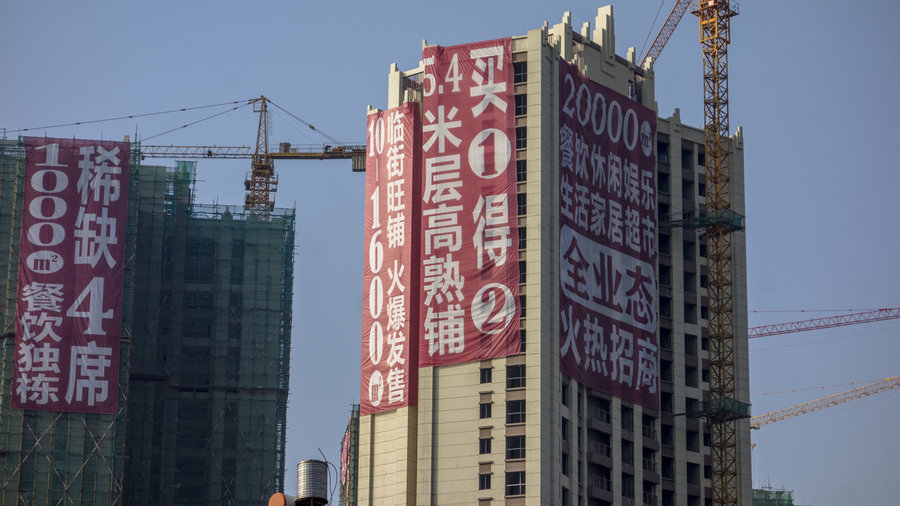
China’s P2P Property Lending Growth Six Times Faster Than Banks
By Alfred Liu for the Bloomberg Business,
Peer-to-peer lending for property in China grew more than six times faster than loans extended through banks last year as borrowers took advantage of a less-regulated financing market to take part in the nation’s real estate boom.
Property-related loans handled by the online platforms climbed 163 percent to 115.5 billion yuan ($18 billion) in 2015, according to Shanghai-based researcher Yingcan Group. That’s faster than the 21 percent increase in outstanding mortgages held by the country’s banks during the same period, central bank data showed.
The surge shows how some buyers have sought quick financing to avoid missing out on the boom that drove prices in cities fromShenzhen to Shanghai up as much as 50 percent in the past year. Individuals have been increasingly borrowing for home purchases over the past two years using online platforms, which have less-stringent requirements, according to Yingcan.
“Borrowing money from banks is indeed very difficult in China, even if you have a property yourself, because they are carefully managing their risks,” said Xu Hongwei, chief executive officer of Yingcan. “That leaves room for the development of peer-to-peer lending.”
The amount of home lending by P2P lenders is still less than 1 percent of the 21 trillion yuan of outstanding bank mortgages. Further growth will depend on whether the government acts to rein in the property boom and whether regulators tighten their control over the P2P industry, as they seek to curb risks to the financial system from excessive credit. The sector had more than 1,400 “problematic platforms,” Yingcan said in a report last month.
Regulators are now drawing up plans to bar non-bank lenders including P2P networks from offering loans for down payments on property purchases, people familiar with the matter told Bloomberg last week. In July, online lenders were banned from handing out new loans for share purchases amid the country’s summer stock rout that wiped out $5 trillion.
“Nobody would know what the government is going to do next as the trend for the P2P business is not predictable,” Xu said. “The government will definitely further tighten scrutiny of this business as they won’t allow a system that is out of control.”
Of the more than 2,500 P2P platforms that were operating normally, about a quarter were active in home lending, according to figures provided by the research firm. Home loans accounted for 23 percent of the P2P industry’s 500 billion yuan of outstanding loans, it said.
Photo: Zhang Peng/LightRocket via Getty Images
The article first appeared in the Bloomberg Business





